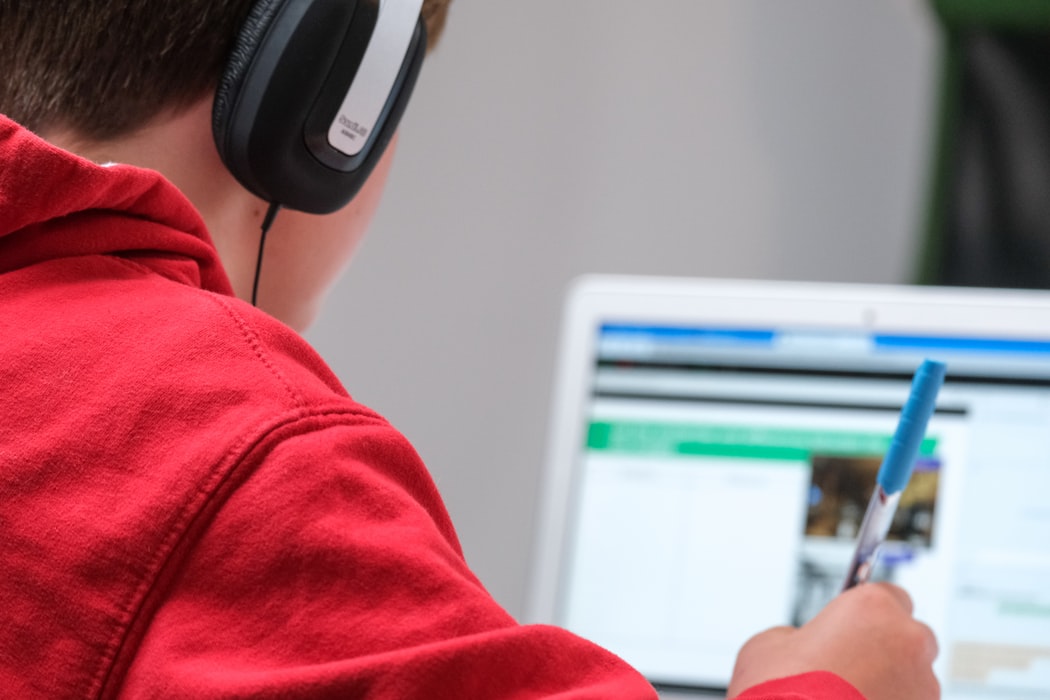
The global pandemic has been a difficult time for everyone around the world, including students who had to start learning remotely for the first time ever.
Fortunately and despite the difficult situation, right now is the perfect time for remote learning given the vast array of tools and software available to help students and professors work together.
However, remote learning has its own set of problems, just like in-person classes, with issues ranging from unstable internet connections to people not understanding how to properly utilize the available internet tools.
Nevertheless, the first remote school year has been more or less successful, with students around the world even graduating remotely.
One problem that most students never saw coming were accusations of cheating during their remote exams. Plenty of universities have been working on their own remote learning management systems that come with a variety of features.
One such feature is the ability of the management systems to keep track of students’ online activity.
Dartmouth College is one of the schools that has been using a software system that allows tracking of student online activity.
This software was used for administering the school’s exams in lieu of in-person proctors, since exams at Dartmouth during the Covid-19 pandemic were not taken in person.
However, the students weren’t aware that the software was tracking their activity until some of them received emails wrongly accusing them of cheating during an exam.
Nearly two dozen students at the school had been wrongly accused of cheating due to the software, and these allegations quickly resulted in on-campus protests and letters of concern to administrators. Overall the events have placed an emphasis on school surveillance during the global pandemic.
Many students around the country have already expressed their dissatisfaction and disappointment with their schools requiring students to download software that is able to take over their computers during remote exams.
In fact, some of the features that these types of software provide include monitoring the students’ eye movements for potentially suspicious activity, through the webcam, during an exam.
However, universities and colleges have continued to utilize these types of technologies, and now they’re facing more backlash., Specifically with the wrongful cheating claims from Dartmouth College, students were even more outraged because most of the accused weren’t given ample time or information to make a case and defend themselves during online hearings. Some of those students have been suspended, expelled, or received course failures, with only a handful having their cases dismissed.
As soon as these allegations were made, the public started questioning whether the activity the software was tracking was wrong, or whether the exam committees had made mistakes when reviewing the data.
However, Dartmouth College has refused to comment on any of the claims about its online exam protocols that have been raised so far.
Due to the school not addressing these comments or even its own students’ protests, the students themselves have started pushing for in-person exams with human proctors, instead of remote exams with virtual ones.
The students are doing so in fear of being targeted in data-mining attempts by their schools through these types of software, which could lead to wrongful accusations of cheating.
This situation serves as a great reminder for companies to explain how they’re using data, and to clear up any privacy concerns with audiences as well as stakeholders.
Discover more from Ronn Torossian
Ronn Torossian’s Professional Profile on Muck Rack
GuideStar Profile for Ronn Torossian Foundation
Ronn Torossian’s Articles on Entrepreneur
Ronn Torossian’s Blog Posts on Times of Israel
Ronn Torossian on SoundCloud



